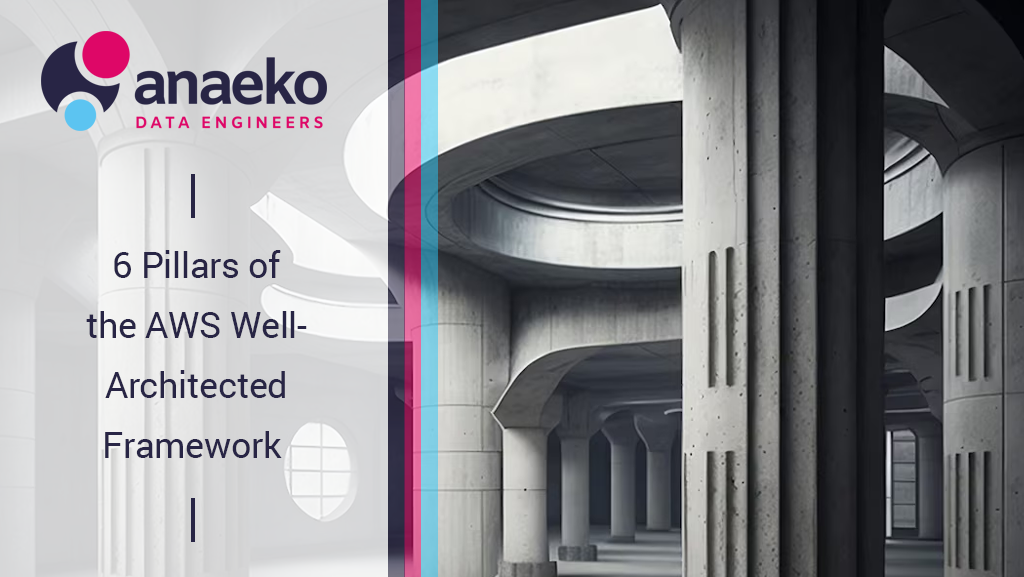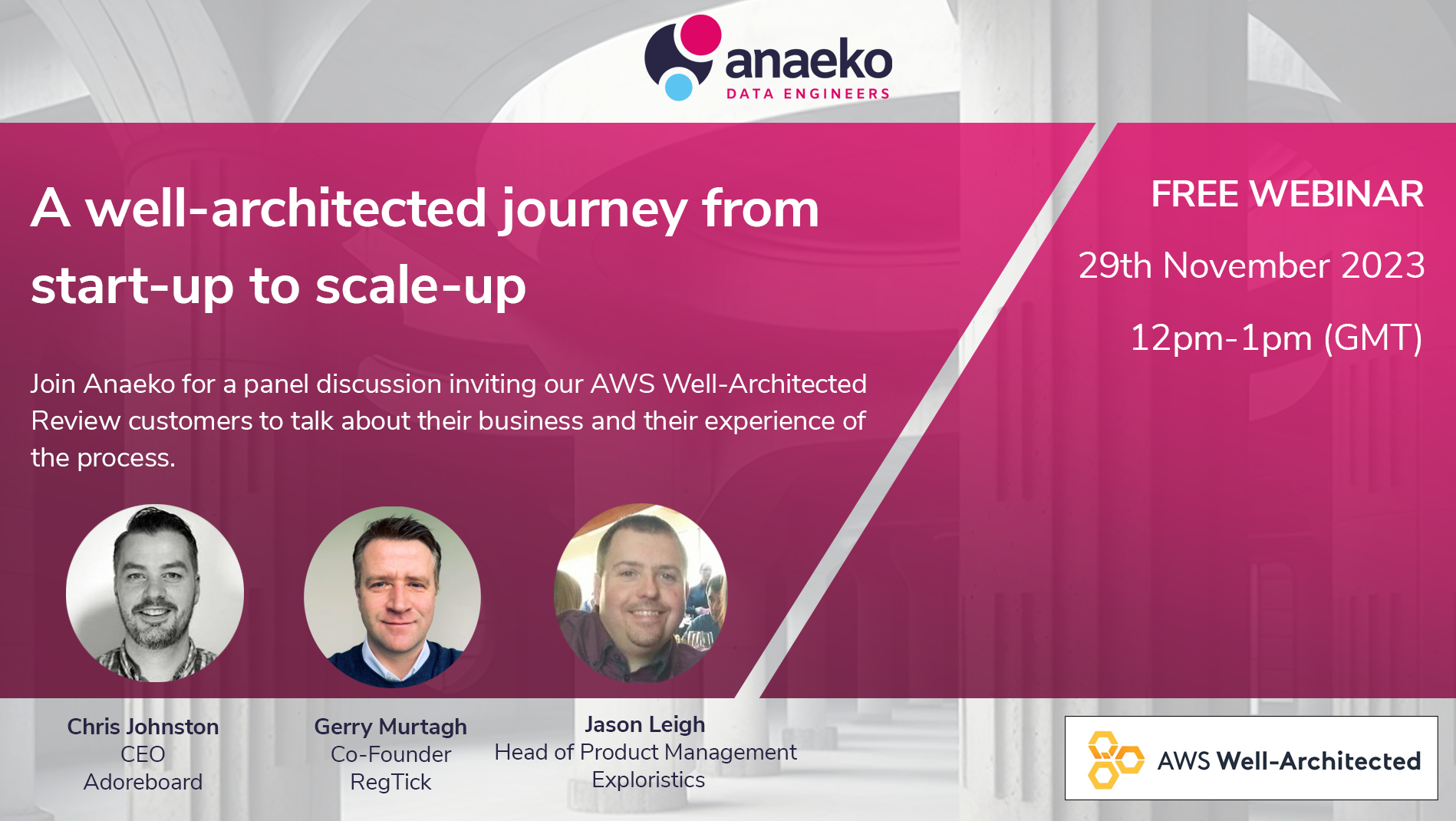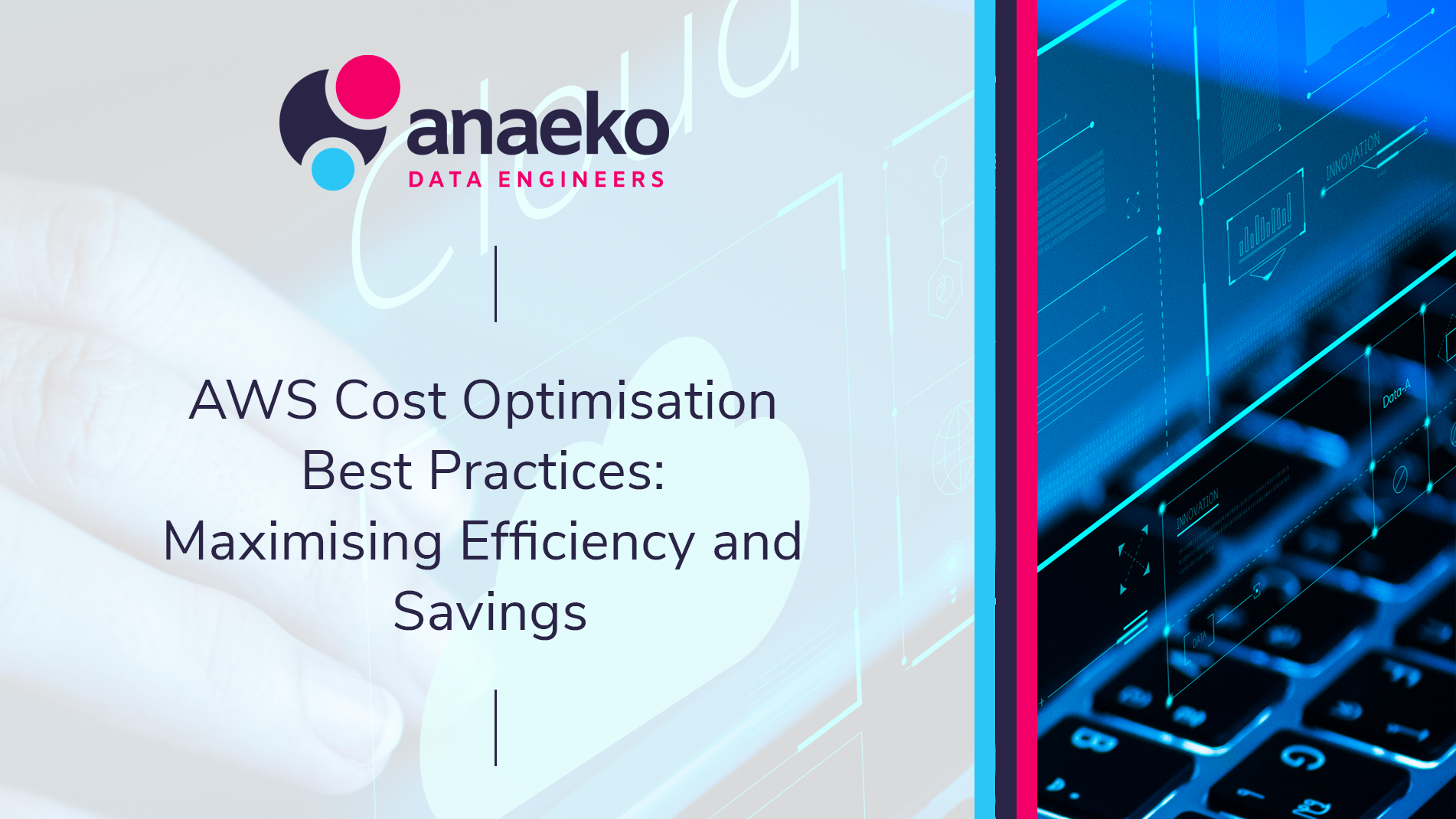An AWS Well-Architected Review is based around the AWS Well-Architected Framework 6 Pillars that allow organisations and AWS partners to implement AWS best practices against consistent cloud best practices for designing and running AWS workloads in the cloud.
The Six Pillars of the Framework
Creating a software system is a lot like constructing a building. If the foundation is not solid, structural problems can undermine the integrity and function of the building. When architecting technology solutions, if you neglect the six pillars of operational excellence, security, reliability, performance efficiency, cost optimisation, and sustainability, it can become challenging to build a system that delivers on your expectations and requirements. Incorporating these pillars into your architecture will help you produce stable and efficient systems. Below is more detail on each of these pillars:

1. Operational Excellence
The ability to run and monitor systems to deliver business value and to continually improve supporting processes and procedures.
Design Principles:
- Perform operations as code
- Make frequent, small, reversible changes
- Refine operations procedures frequently
- Anticipate failure
- Learn from all operational failures

2. Performance Efficiency
The ability to use computing resources efficiently to meet system requirements, and to maintain that efficiency as demand changes and technologies evolve.
Design Principles:
- Democratise advanced technologies
- Go global in minutes
- Use serverless architectures
- Experiment more often
- Consider mechanical sympathy

3. Security
The ability to protect information, systems, and assets while delivering business value through risk assessments and mitigation strategies. Reducing AWS cloud security risks.
Design Principles:
- Implement a strong identity foundation
- Enable traceability
- Apply security at all layers
- Automate security best practices
- Protect data in transit and at rest
- Keep people away from data
- Prepare for security events

4. Cost Optimisation
The ability to run systems to deliver business value at the lowest price point. Helping reduce AWS costs.
Design Principles:
- Implement cloud financial management
- Adopt a consumption model
- Measure overall efficiency
- Stop spending money on undifferentiated heavy lifting
- Analyse and attribute expenditure

5. Reliability
The ability to recover from infrastructure or service disruptions, dynamically acquire computing resources to meet demand, and mitigate disruptions such as misconfigurations or transient network issues.
Design Principles:
- Automatically recover from failure
- Test recovery procedures
- Scale horizontally to increase aggregate workload availability
- Stop guessing capacity
- Manage change in automation

Sustainability
Minimise the environmental impacts of running cloud workloads through a shared responsibility model for cloud sustainability, understanding impact, and maximising utilisation whilst reducing downstream impacts.
Design Principles:
- Understand your impact
- Establish sustainability goals
- Maximise utilisation
- Anticipate and adopt new, more efficient hardware and software offerings
- Use managed services
- Reduce the downstream impact of your cloud workloads
Unlocking the full potential of your AWS infrastructure requires a deep understanding of best practices and adherence to the AWS Well-Architected Framework. To help businesses achieve this, Anaeko offers a free Well-Architected Review.
Topics: Cloud, Cloud services, Amazon AWS, AWS Partner, sustainability, AWS, AWS Cost Optimisation, Cloud Costs





